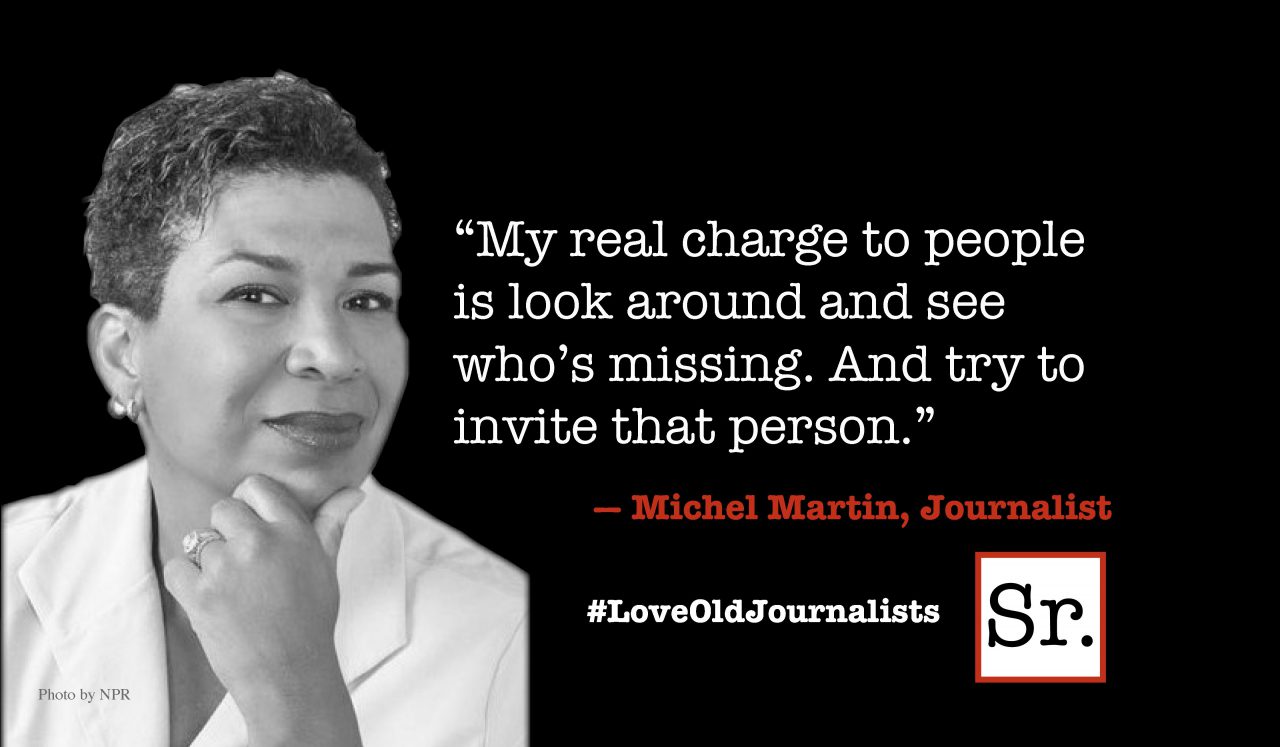Are you curious about the outcome of future national ballots?
Here are some guidelines drawn from the 2012 U.S. elections: Ignore prominent political pundits and don’t fixate on daily polls showing the candidates’ percentage of the popular vote. Instead, pay attention to data crunchers and follow the money traded on prediction markets.
This year’s contest between President Barack Obama and his Republican challenger Mitt Romney was the second presidential election since the publication in 2005 of a ground-breaking book “Expert Political Judgment: How Good is It? How Can We Know?” Philip Tetlock, University of Pennsylvania psychology professor, wrote the book after analyzing 27,450 predictions from a variety of experts and found they were no more accurate than random guesses or “a dart throwing chimpanzee.”
Tetlock found an inverse relationship between the prominence of prognosticators and the accuracy of their predictions — the more prominent they are and the more frequently they appear on television, the less likely they are to produce correct forecasts. His point was proven again in 2012. The five forecasts farthest from the election result came from high-profile commentators.
Dick Morris, a former aide to Bill Clinton and now a Fox News contributor, led the pack with a prediction of a landslide victory for Romney, with 325 Electoral College votes. Next came the columnist and TV commentator George Will, with 321 electoral Romney votes. He was tied with Glenn Beck. Conservative columnist Michael Barone had a 315 electoral vote for Romney. Jim Cramer, the host of a financial program on CNBC, went in the opposite direction and forecast that Obama would capture 440 votes — way more than he actually did. Former House Speaker Newt Gingrich, a frequent presence on cable TV, foresaw a major Romney triumph: “300-plus” electoral votes.
All these forecasts were made in the final days of a seemingly endless election campaign tracked by dozens of polls that measured the popular mood and came up with national percentages that showed the candidates in a dead heat, given the margin of error. For weeks, “too close to call” was a widely shared view among the chattering classes.
But not among a new breed of electoral quants (short for quantitative analysts) who used computer algorithms to crunch enormous amount of data. And not among those who participated in (or followed) prediction markets, such as Intrade, a Dublin-based exchange that allows traders to bet on politics and other current events. Neither the prediction markets nor the quants ever saw a race “too close to call” and always favored Obama over Romney.
On Intrade, Obama’s chances of victory hovered around 60 percent for most of 2012 and climbed to 70 percent in the closing days of the campaign. Data cruncher Nate Silver, dubbed “king of the quants” in a headline on the tech media website CNET, never listed Obama’s re-election prospects at less than 61.1 percent, a projection that shot up to more than 90 percent at a time when Gallup gave Romney a seven-point lead.
Silver, a one-time professional poker player, began building a model to forecast general elections in 2008 and set up a blog, FiveThirtyEight, after the number of votes in the Electoral College. In a recently published book, “The Signal and the Noise,” he writes that “the FiveThirytEight forecasting model started out pretty simple — basically, it took an average of polls but weighted them according to their (past) accuracy — then gradually became more intricate.” Silver and his blog, now licensed by the New York Times, correctly predicted the Electoral College vote in 49 out of 50 states in 2008. He did even better in 2012 — 50 out of 50.
That leaves many of TV’s talking heads with egg on their face, some with entire omelets. Take the case of MSNBC talk show host Joe Scarborough who was so convinced of the “too close to call” story line that he roundly dismissed Silver and other data-driven analysts: “Anybody that thinks this race is anything but a tossup right now is such an ideologue, they should be kept away from typewriters, computers, laptops and microphones for the next 10 days because they are jokes.”
The joke was on Scarborough and fellow talking heads taking the same line. Their embarrassing performance has prompted predictions that the 2012 elections may have marked the beginning of the end for traditional pundits. This is probably wishful thinking: TV pundits are not rewarded for accuracy; they are rewarded for provocative statements that generate debate — and drive up ratings.
As Silver put it in a recent TV interview, we live in an era of “entertainment masquerading as news.”








